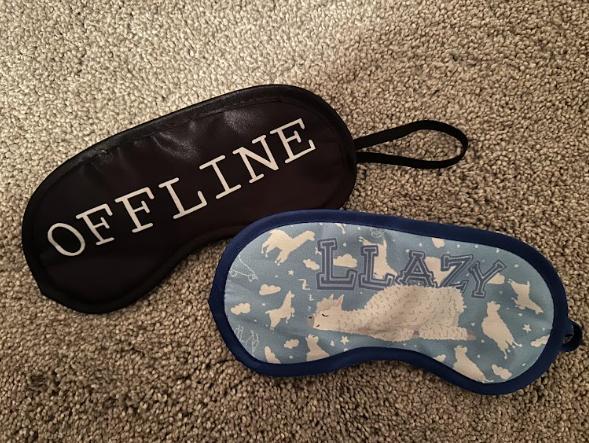We all have time for school, extracurricular activities, and homework, but sometimes it’s impossible to get an adequate amount of sleep. Teens are recommended to get eight hours of sleep a night, but many students and adults don’t understand why sleep is so vital to living a healthy life. Sleep deprivation is more than just being tired; it is breaking down your body inside and out.
To understand the importance of sleep, you need to first know why you feel energetic at some parts of the day and dead tired during others. The circadian rhythm is your 24-hour biological clock that impacts sleep-wake cycles, body temperature, and both hormonal and digestive systems. Your circadian rhythm alters with age. A human’s circadian rhythm can be thrown off by different variables such as jet lag, night shift, and illness.
First, let’s start with the effects sleep deprivation has on your body physically. With just four hours of sleep, your body has a 70% decrease in net killer cells. This means that your immune system can’t operate as effectively without an adequate amount of sleep. Sleep also repairs brain tissues and neurons. During sleep, your pituitary gland releases growth hormone, which allows for muscle development. Sleep is vital for athletes, whose bodies need to recover from training.
Did you know that scientists found that the hippocampus, the part of the brain that stores memories, had no activity with major sleep deprivation? Sleep is vital for students to be able to retain what they learn and study at school during the day. A good night’s sleep boosts our thinking and learning. Additionally, sleep deprivation can have a major effect on your mental health. There is a strong correlation between sleep deprivation and mental health problems such as depression and anxiety.
If you struggle to fall asleep or have a packed schedule, there are some tactics you can try to help get better quality sleep. Developing a clear nighttime routine can help your brain wind down. Parkland AP Psychology teacher, Mrs. Kautzman, said, “Developing healthy pre-sleep routines that condition the body to wind down at the end of the day. The routine becomes a signal to the body that it’s time to sleep. For example, washing one’s face and brushing one’s teeth can be a part of that routine.” She also recommends placing your phone away from your bed so there is no temptation to go on it when you want to sleep.
Sleep is important for everyone at every age, but it is arguably most vital as a teenager. “During adolescent years, the body goes through a period of growth on all fronts (brain, muscle, and hormonal). Proper sleep helps development, allows students to think clearly, maintain mental health, and recuperate”, said Mrs. Kautzman. Sleep can be a kytotipe or a superpower. Don’t sleep on just how vital sleep is for everyday function!










Sofia Hameed • Nov 12, 2025 at 12:38 pm
Thanks Kautzman.